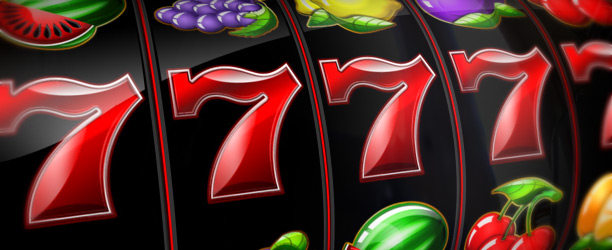Get the facts on Gambling. Our gambling facts list is an easy to read cheatsheet for hacks, facts, and myths on slots, cards, casinos, betting, and more.
- Casino games all have a built in “house edge” (a theoretical return in the houses favor). This means, as a general rule of thumb, over time you will lose.
- In general, no casino (or person) will ever offer a player a bet of which the odds favor the player. Thus, “the house always wins.”
- The idea that the house edge can be beaten is essentially not true. To paraphrase Albert Einstein after his many attempts to create a gambling system for roulette, “the only way to beat roulette is to steal the money while the dealer isn’t looking.”
- The only other way to actually beat the “house edge” is via perfect card counting and perfect strategy in blackjack. Even given this one would have to play for a very long time to make significant profit based on statistics rather than luck.
- The house edge occurs manifests over time (rule of large numbers). The more instances a bet is made, the closer the edge gets to manifesting.
- If a game has a 4% house edge, it will return 96% of the money players put in over an infinite number of plays. Returns are always theoretical.
- Even over time a theoretical return is subject to standard deviation (ranges of actual win/loss ratios).
- Win frequency (or hit frequency) is more important than house edge in the short term. This is how often a given game will pay out.
- Thus we want to look at volatility and risk, especially in the short term. We can use statistical theory to figure out how often a game will hit, what it will pay in the short term, the likeliness it will pay that in the short term, the ranges it will pay, and what it is likely to pay over time.
- A game could have 100% return, but only hit once every million plays. This means that while the edge was good, the chances of winning (volatility and risk) were actually very poor in the short run.
- Gambler’s Fallacy (Monte Carlo Fallacy or fallacy of the maturity of chances) is the false belief that past results affect future results in random processes. For instance if a coin lands on heads 9 times, someone who believed in the gamblers fallacy would think that it was “due” to land on tails. In reality all truly random results have the same chance of happening every time they occur. A “fair coin” always has 50/50 odds, period.
- Reverse Gambler’s Fallacy (Inverse Gambler’s Fallacy) is the opposite of Gambler’s Fallacy (they think the above coin was more likely to land on tails), this is also wrong.
- Blackjack has the best house edge of any casino game when paired with basic strategy and card counting (-1% house edge). Without perfect strategy the player as a slight disadvantage (2-4% house edge).
- Keno has about the worst odds of any casino game (27% house edge).
- Generally slot games are a bad bet (2-30% house edge depending upon machine). This is because unlike table games there is no way to know what the hit frequency and return of a game are. (some high roller games in specific Casinos may offer a range of return at best).
- Most gambling strategies are complete BS. In general all the real strategies are free. If a strategy can’t be backed up with mathematics, and is being sold as an ebook, it’s probably BS.
- Any betting strategy based on trying to predict random outcomes, or based on luck, is generally wrong. Check out our gambling myths page to learn more.
